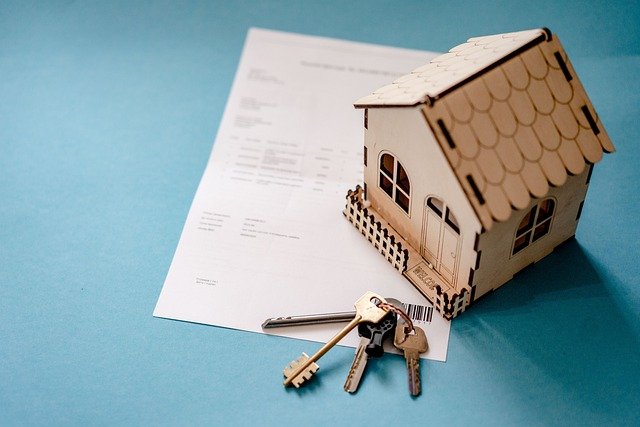Understanding The Boom in Senior Housing Investments
Real estate is a dynamic and evolving industry with numerous investment opportunities. One such opportunity that has recently gained traction is senior housing. This article aims to delve into the topic, offering a comprehensive understanding of its historical context, current trends, and impact on the real estate landscape.

The Historical Context of Senior Housing
Senior housing, as an investment category, has its roots in the increasing aging population. Post World War II, the baby boomer generation led to a significant increase in the world’s population. Fast forward to today, this generation is entering the senior phase, increasing the demand for senior housing.
The Rise of Senior Housing as a Prominent Investment Opportunity
Currently, the senior housing market is booming. This is largely due to the increased life expectancy, and the fact that the baby boomer generation is reaching the age where specialized housing becomes necessary. In fact, according to the U.S. Census Bureau, the number of Americans ages 65 and older will nearly double from 52 million in 2018 to 95 million by 2060, constituting nearly a quarter of the population. This demographic shift is creating significant opportunities for investors in the real estate market.
The Advantages of Investing in Senior Housing
Investing in senior housing comes with numerous benefits. Firstly, the demand for senior housing is likely to continue increasing, providing a stable market for investors. Secondly, senior housing typically generates higher rental income compared to other types of residential real estate. This is largely due to the specialized services and facilities that these properties offer. Lastly, the investment risk in this sector is relatively low due to the constant demand.
Challenges in the Senior Housing Market
While the senior housing market offers significant advantages, it is not without challenges. The high cost of building and maintaining these specialized facilities can be a deterrent. Additionally, this market is heavily regulated, requiring compliance with numerous laws and regulations. Investors must also consider the risk of overbuilding in this sector, as the supply of senior housing could potentially outpace demand.
The Impact of Senior Housing on the Real Estate Market
The boom in senior housing is reshaping the real estate landscape. Traditional property developers are venturing into this niche market, diversifying their portfolios and hedging against market volatility. Moreover, the rise of senior housing is prompting the development of new financing models and investment vehicles, creating a more dynamic and diverse real estate market.
In conclusion, the senior housing market presents a unique and promising investment opportunity in the real estate industry. While it does possess its own set of challenges, the potential rewards make it an attractive option for investors. As the real estate market continues to evolve, the importance of understanding these emerging trends cannot be overstated. By staying informed, investors can make strategic decisions, optimize their portfolios, and capitalize on lucrative opportunities like senior housing.




